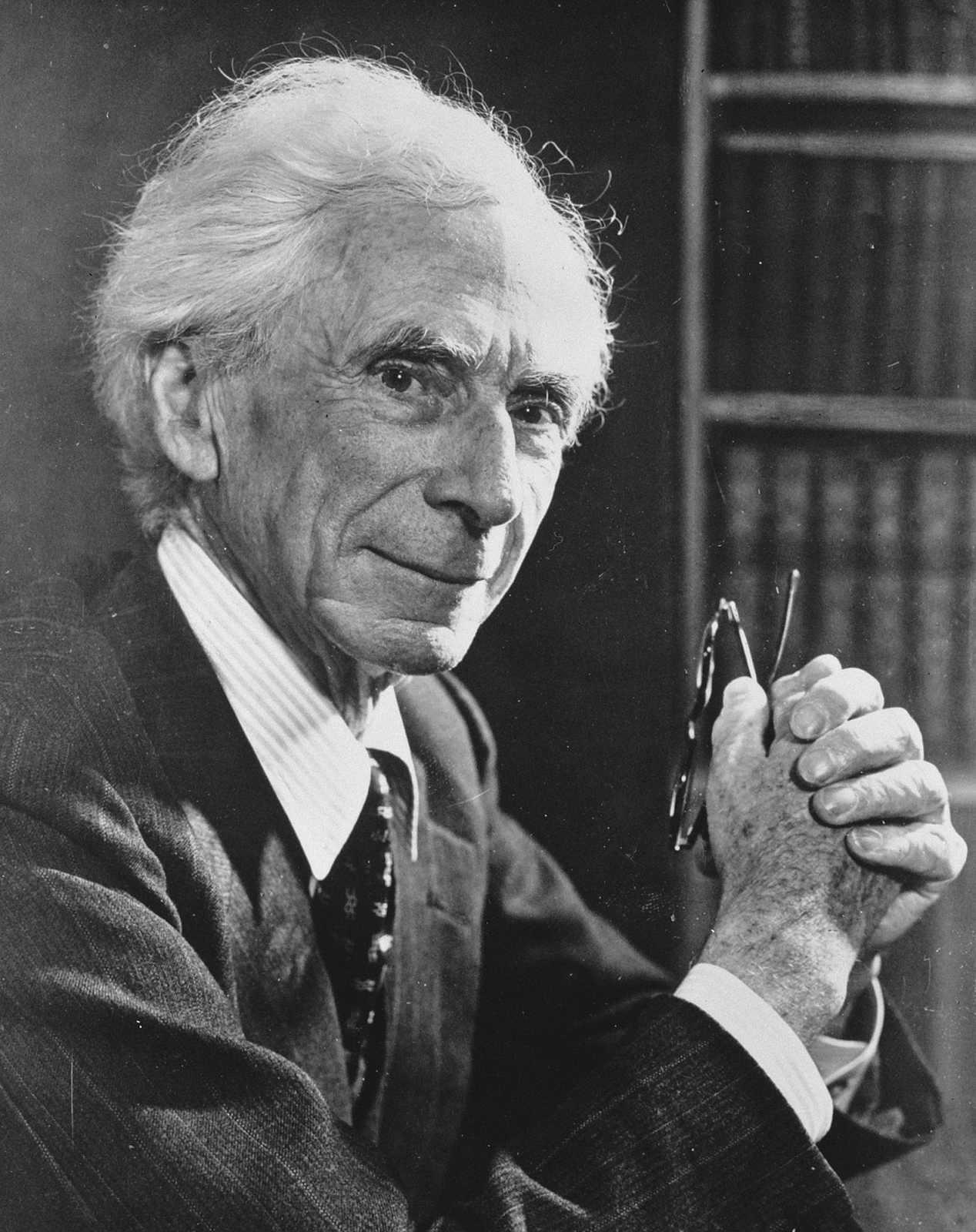A BETTER SERVICE MAY NEVER BE TRANSMITTED
However, if there's no catering for the two nations' grossly different values the scheme could collapse through fear, distrust, inertia and censorship.
On TV screens in Indonesia puffy clouds escape weather forecasts by floating onto re-runs of classics Westerns where the women wear flouncy dresses with a mild hint of decolletage.
Into this minor gap drop the clouds ignoring the science of meteorology. If the plot’s character darts around the kitchen or stable to reload the Winchester the clever cumulus follows jerkily.
When the bored censors take a break the skies clear and the lady can display her charms while shooting the black hat baddies.
All this nonsense is supposed to ensure the nation’s imagined modesty standards are upheld, though in Javanese villages public breastfeeding is hardly noteworthy. But the bosoms on the screen are white - quelle horreur.
Meanwhile, the kids with smartphones (is there any other type of child?) use VPNs (Virtual Private Networks) to watch what they like from anywhere on the globe, porn, violence, hate speech - the lot.
Indonesian free-to-air TV got underway in 1962. In 1976 it launched one of the world’s first domestic satellites operated by what was then called ‘a developing country.’
With a dozen transponders, signals reached every nook of the archipelago while Australian watchers were confined to terrestrial transmitters.
The president was then the autocrat general Soeharto and his decision to saturate the nation with telecasts was a political strategy. It was based on Roman poet Juvenal's aphorism of give ‘em bread and circuses and they’ll never revolt.
Only one station was allowed - TVRI. It showed what it was told and that didn't include recent history. Apart from short-wave radio broadcasts (the most popular and informative came from Australia) Indonesians were raised on one truth - Soeharto's.
A popular joke at the time told viewers not to fret if they missed the news one evening because the same bulletin had already been shown a day earlier and would reappear the next.
Like TV in North Korea, broadcasts praised the dear leader and his latest ribbon-cutting at the site of a new dam that might never be built. Docos usually featured village potters and weavers.
Indonesians aren’t great readers - no surprise as books were also limited and censored - so eyeballing screens became part of the culture with sets ablaze in government offices.
It wasn't till the 1990s that commercial competition was allowed; Jakarta allocated the licenses and ensured free-to-air didn't mean free expression.
There are now 15 major telecasters plus 671 licensed subscription services that bring a score of foreign programming to the Republic including ABC Australia. The idea is to promote the Oz outlook, lifestyles and values - and also sport.
Pearls & Irritations has been in the front row of complainants about the paucity of the service, and it seems the ABC has taken note. Last month it signed an MOU with TVRI claiming:
“Both broadcasters will collaborate across content exchange in news and current affairs, sports, music, culture, lifestyle and general interest stories.
“The MOU also supports the sharing of key learnings from each broadcaster’s audience research and feedback, in addition to technical information assistance and capacity building under international development activities.”
Fine words, but meaning what? Indonesian news in nightly ABC bulletins? Oz docos on Indonesian screens?
Although TVRI has this century gained some independence the image of a propaganda service showing worthy but boring material remains.
Unsurprisingly the latest stats show the channel is watched by only 1.4 per cent of the audience, so if a marriage with the ABC does occur there’ll be few onlookers.
Why the scepticism? An MOU carries little weight in Indonesia and any agreement will have to be ratified at ministerial level.
The sort of campaigns growing in Australia against foreign media could well sprout in Indonesia if a xenophobe gets traction in the upcoming new ministry: bikinis, gays, free-thinkers, agnostics getting screen time? Armageddon approaches.
When the MOU was announced the ABC invited media inquiries. We sent these on 29 May:
What approvals have to be given before this arrangement starts?
What ABC programmes are of most interest to TVRI?
What TVRI shows might appear on ABC TV in Australia?
Do you have a start date?
Does TVRI have the right to edit out any material from ABC programmes it uses? As you probably know, TVRI often smudges overseas film scenes that censors think show too much flesh.
Are you aware that TVRI used to be the RI Government's PR factory and consequently suffered a credibility problem? It currently has only 1.4 per cent of the national audience.
Any other factors in the MOU that might affect viewers' right to the full programme as originally made?
On 4 June came a textbook reply in splendid corporate guff. With 163 words it answers no questions but gargles lines about being consistent “with the ABC’s charter remit with regards to international broadcasting.”
It would insult readers' intelligence to provide more waffle but students of the black arts of the deliberately abstruse can find the full copy here.
The response suggests the plan is superficial, has been poorly considered and will have to be endorsed at ministerial level in Indonesia. That’s going to be tricky.
Unless there's huge enthusiasm from TVRI and ideological determination by the ABC to make the agreement work, it's unlikely that Australian viewers will be better informed about their vast and important neighbour - and vice versa.
That’s sad. And bad.
##
First published in Pearls & Irritations, 7 June 2024: https://johnmenadue.com/a-better-service-may-be-transmitted/












